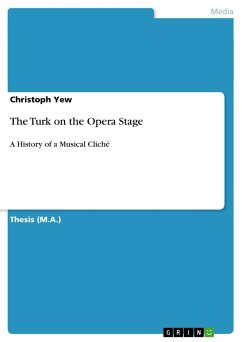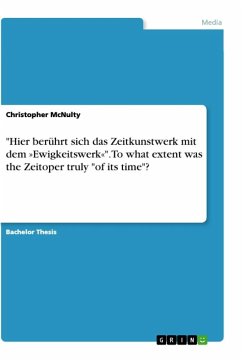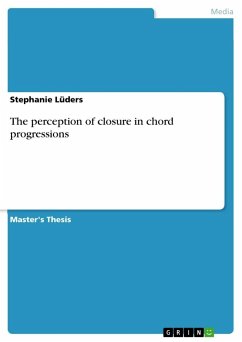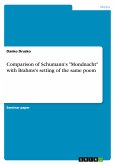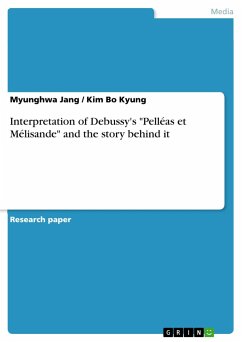Thesis (M.A.) from the year 2009 in the subject Musicology - Miscellaneous, grade: 2.0, University of Osnabrück (Musikwissenschaft), language: English, abstract: This thesis is about the presentation of the Turks in operas of the West-ern European nations. I will have a look at which different roles where used to describe the Turks. In the sense of this paper the term "Turk" does not restrict its perspective to the area of the modern Republic of Turkey. As, for example, Preibisch (1908, p13) notes: during the 18th century composers did not distinguish between, for example, Persia and Turkey. Pahlen (1980, p12) even suggests that the whole Arabian community was regarded as Turkish. Moreover, except other Arabian countries sometimes even China and India were regarded as "Turkey" (Whaples 1998, p4). To be precise, this inaccuracy can be applied to a lot of other countries that were part of the Ottoman Empire like Egypt, Algeria, and so on. However, although some of the operas that will be discussed in this paper do not play in Turkey or contain Turkish charac-ters but are placed in neighboring countries of the Ottoman Empire or contain characters from these countries, these works will also be dis-cussed because from the perspective of our ancestors, they all display Turkish elements. The definition of Turkish that will be used in this pa-per is therefore similar to that used by Griffel (1975, p85ff) and is based on a rather dynamic concept. This means, when analyzing an opera concerning its "Turkishness", the common perspective of the time has to be kept in mind. Apart from that, I will analyze how the typical characters changed over the course of time keeping in mind the historical background. This is achieved by comparing similar characters from different operas with each other. As we will see, basically the timeline can be separated in three different parts. In the baroque-period the Turks were generally viewable in heroic roles which fitted to the concept of the opera seria. Then, the upcoming of the opera buffa made it possible to exaggerate elements of Turkish culture and characters in order ridicule them. On the other side, due to the beliefs of the Era of Enlightenment, Turkish characters were used as a mean to show the deficiencies of European culture.
Hinweis: Dieser Artikel kann nur an eine deutsche Lieferadresse ausgeliefert werden.
Hinweis: Dieser Artikel kann nur an eine deutsche Lieferadresse ausgeliefert werden.

